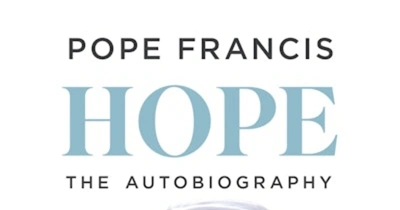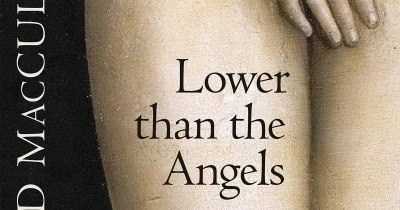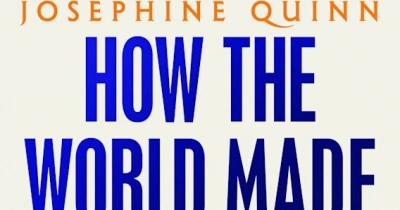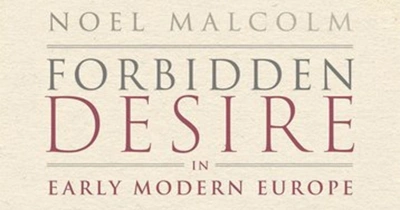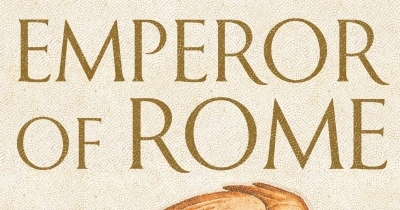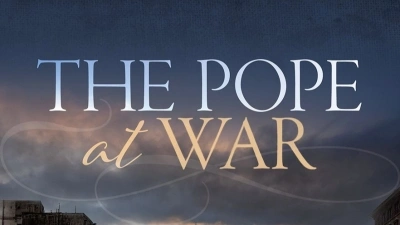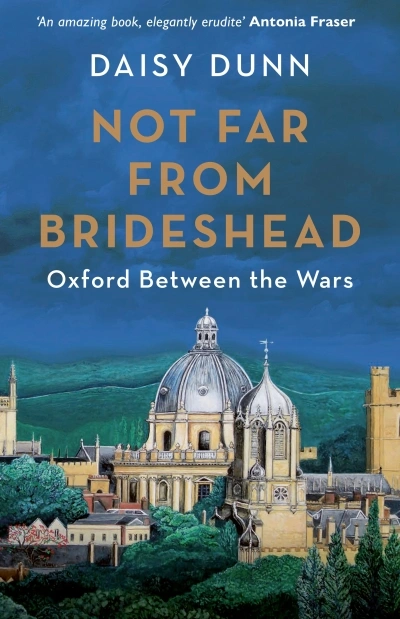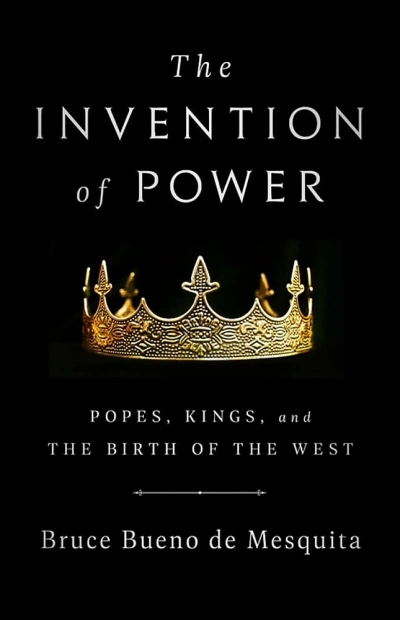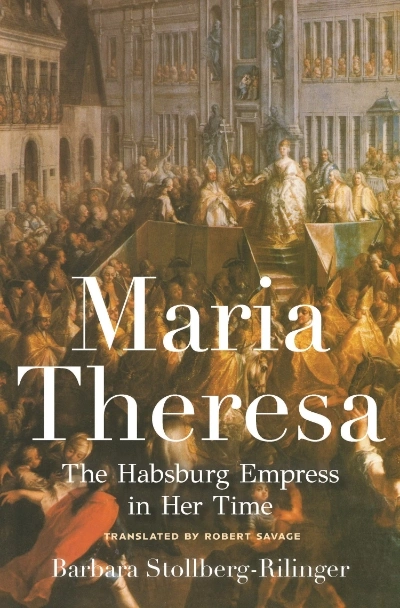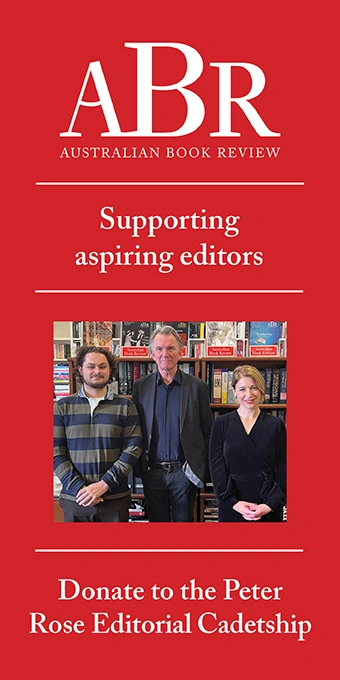Miles Pattenden
Hope: The autobiography by Pope Francis and translated by Richard Dixon
by Miles Pattenden •
Lower than the Angels: A history of sex and Christianity by Diarmaid MacCulloch
by Miles Pattenden •
How the World Made the West: A 4,000-year history by Josephine Quinn
by Miles Pattenden •
Forbidden Desire in Early Modern Europe: Male-male sexual relations, 1400-1750 by Noel Malcolm
by Miles Pattenden •
Emperor of Rome: Ruling the ancient Roman world by Mary Beard
by Miles Pattenden •
The Pope at War: The secret history of Pius XII, Mussolini, and Hitler by David I. Kertzer
by Miles Pattenden •
Not Far from Brideshead: Oxford between the Wars by Daisy Dunn
by Miles Pattenden •
The Invention of Power: Popes, kings, and the birth of the West by Bruce Bueno de Mesquita
by Miles Pattenden •
Maria Theresa: The Habsburg empress in her time by Barbara Stollberg-Rilinger, translated by Robert Savage
by Miles Pattenden •
What makes a man choose to be a Catholic priest? The cynical and snide these days might bring up an unhealthy interest in other people’s children. And yet, historically, the calling to the cloth has often been a noble one, as likely an impulse driven by spiritual yearning and zeal for social justice as mere careerism or a flight from normative sexuality. The Catholic Church, which faces a crisis of vocations across the Western world, would do well to look again at this story ...
... (read more)

